
THREAD: india desperate gamble us trade
LifeLine™ Media threads use our sophisticated algorithms to construct a thread around any topic you want, providing you with a detailed timeline, analysis, and related articles.
News Timeline

US-INDIA TRADE Shock: Trump TAX Bill Turmoil and LIV Golf Losses Rattle Markets
— A new US-India trade deal slashing tariffs could shake up global markets. This agreement is set to boost economic ties and change the game for key industries. While American businesses may find fresh opportunities, some will battle tougher competition from Indian imports.
At the same time, Republicans are split over President Trump’s tax cut bill. The fight has stalled progress in Congress and left voters fed up with Washington’s gridlock. One report says people feel “angry and hopeless.”
LIV Golf’s big money losses have cast doubt on Saudi Arabia’s sports gamble. Investors are now questioning if the league can survive after pouring in so much cash.
America is also facing chaos from a major prison break and strikes across several sectors, adding more stress to an already tense economy. Meanwhile, India’s stock market jumped thanks to new rules and growing industries — even as some areas still struggle to keep up.
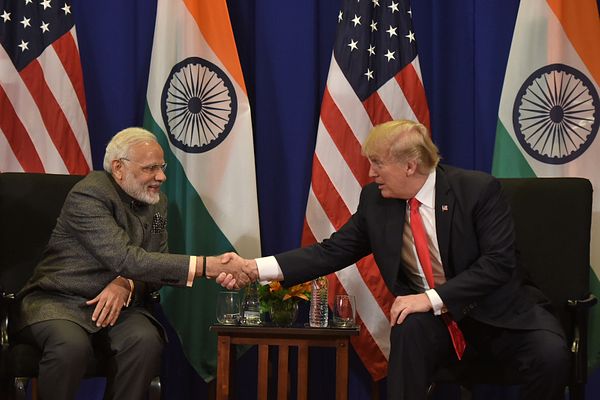
US-INDIA TRADE Deal Shock: Massive Tariff Slash Could Change Everything
— The United States and India are close to a trade deal that could end years of bitter tariff fights. Sources say the agreement would cut India’s average tariffs on American goods from 13 percent down to just 4 percent. Right now, India charges much higher tariffs than the U.S.—17 percent compared to America’s 3.3 percent, according to global data.
India is offering zero import duties on some U.S. products like airplanes, cars, and medical devices. In return, it wants better access for its own exports — such as jewelry and clothing — in American markets. Indian leaders also hope for more chances in high-tech fields like computer chips and medicine.
The Trump administration had raised tariffs on Indian goods because of a $45 billion trade gap favoring India but paused those hikes while talks continued. Both sides are now looking at “zero-for-zero” deals in key areas like steel and medicine, with the U.S. pressing India to fix strict quality rules that have blocked American companies.
Experts say time is running out before temporary tariff breaks expire. If this deal goes through, it could settle old disputes and open major investment doors for both countries — just as they compete with other nations for future U.S. trade deals.
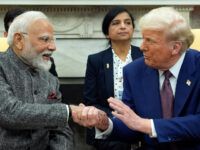
INDIA’S Bold Trade Deal Gamble: Will American Workers Pay the Price?
— India wants a new trade deal to cut tariffs on U.S. goods. The plan would lower the average tariff gap between Indian and American exports from 13 percent to just four percent. India is offering zero duties on some U.S. imports and “preferential access” for nearly 90 percent of American products, including planes, cars, medical gear, and animal feed.
In return, India wants better access for its own exports like jewelry, textiles, chemicals, and farm produce. It also hopes to get advanced U.S. technology in computer chips and medicine. Right now, India has a $45.7 billion trade surplus with America.
The Trump administration has called out this huge trade gap as unfair to American workers and businesses. Last month it threatened high tariffs on Indian goods but paused them for 90 days while talks continue.
U.S. officials want India to ease its tough rules on imported medical devices and chemicals that block American companies from selling there. Both countries are under pressure to reach a deal before time runs out — one that could finally tackle years of unfair trading practices against America’s interests.
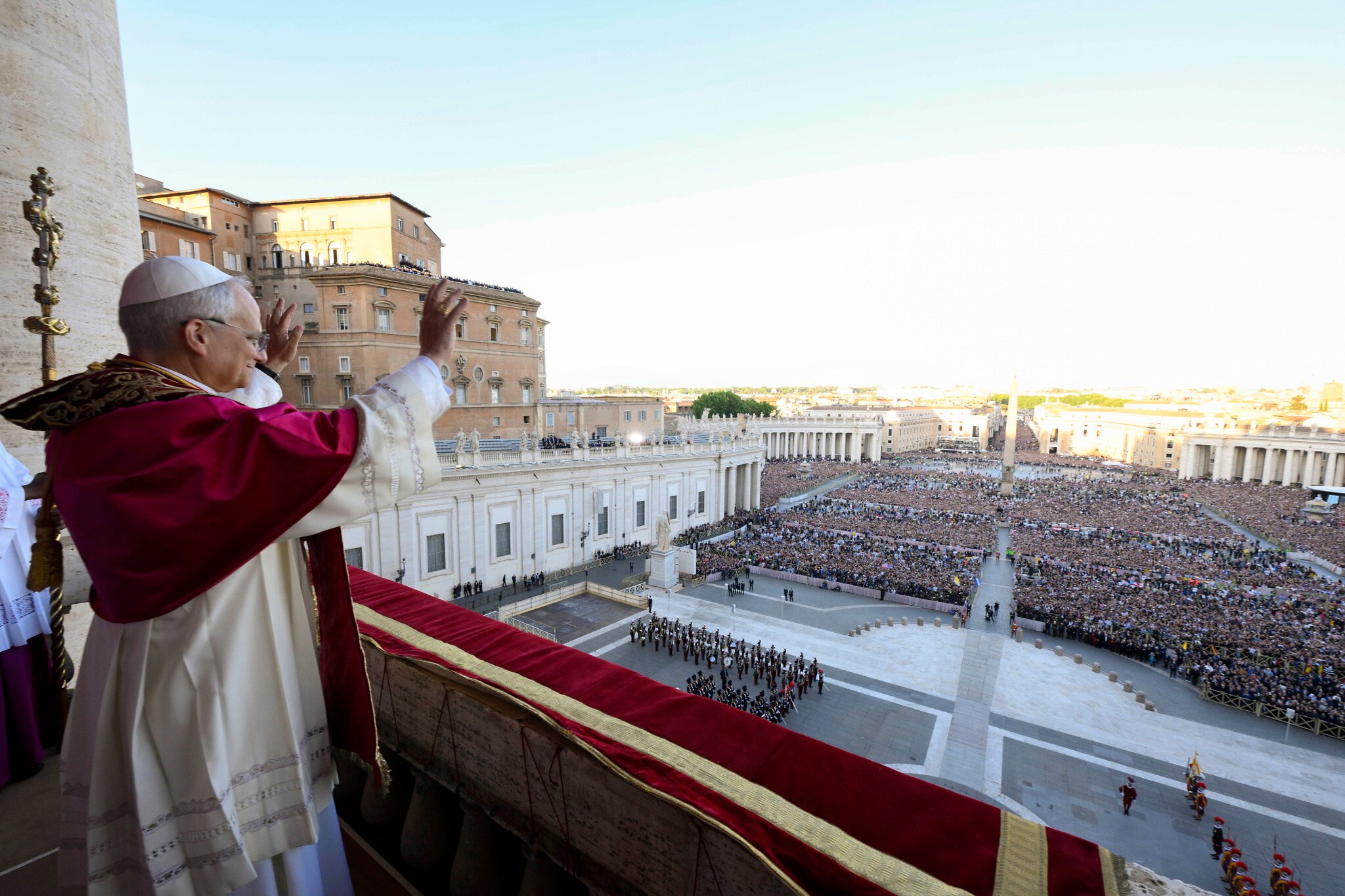
INDIA’S Trade Demands Spark Fury as First American Pope Stirs Hope
— India is pushing for big tariff cuts on American products. Their goal? Shrink the trade gap with the U.S. from 13 percent to just four percent. If approved, this would remove duties on planes, cars, and medical gear — opening almost all of India’s market to American goods. But U.S. exporters might face new rules in exchange.
In Rome, history was made as Cardinal Robert Francis Prevost became Pope Leo XIV — the first American-born Pope ever. His election comes during a time of global unrest and fresh calls for peace in places like Kashmir.
Old conflicts are still simmering around the world. The Israel-Palestine fight and tensions in Kashmir continue with no major changes today.
These events show our world is facing old problems but also seeing big changes that could shape our future.

INDIA’S Desperate Gamble: US Trade Deal Could Save Billions from Painful Tarif F Hike
— India is racing to strike a trade deal with the United States before a 90-day tariff break runs out. If they fail, steep new tariffs could hit Indian exports hard. The plan would cut India’s average tariffs from 17 percent down to nearly America’s much lower 3.3 percent rate.
The proposed agreement gives the U.S. big wins: India would drop duties on some American goods and open its market wider for almost 90 percent of U.S. imports, like cars, planes, and medical devices. In exchange, India wants easier access for its own products — such as jewelry and textiles — and hopes to get more advanced technology from America.
President Trump’s team has blasted India’s $45.7 billion trade surplus with the U.S., calling it unfair competition. They’ve warned that if no deal is reached soon, heavy new tariffs will slam Indian exports.
Experts say India still shields its home industries but needs this deal fast to boost sales abroad and attract investment for growth. Both sides are under pressure as the deadline gets closer by the day.

— EU Sets Three Conditions for UK Trade Deal as Starmer Pursues Post-Brexit Agreement Brussels is reportedly preparing to demand that the UK adhere to EU laws for the first time since Brexit in negotiations with Labour leader Sir Keir Starmer
— Canada Prepares Tariff Retaliation Amid Trade Tensions A Canadian government official announced that the country is considering potential tariff targets in response to ongoing trade disputes

— Adani’s US Fraud Charges May Impact India’s Economy Gautam Adani faces fraud allegations in the US, raising concerns about potential broader implications for India’s financial landscape

— China Prepares for Key Week Amid US Elections and Stimulus Anticipation Markets are closely watching as China braces for significant developments related to the upcoming US elections and potential economic stimulus announcements

— China SLAMS US for Expanding Export Control List, Promises Retaliation The Chinese government has criticized the United States for adding more companies to its export control list and has vowed to take countermeasures




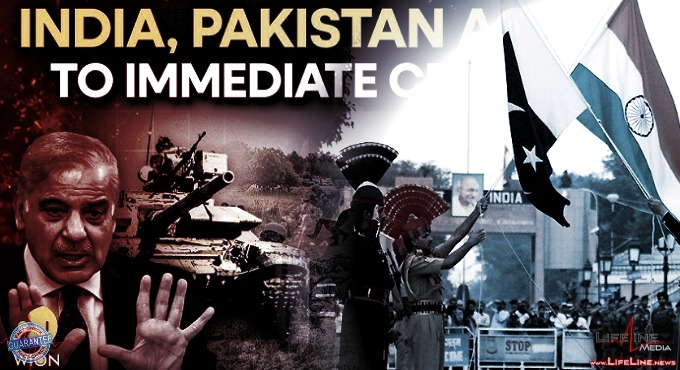
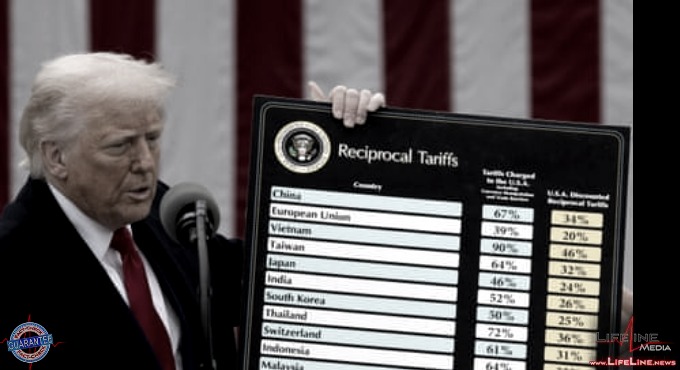
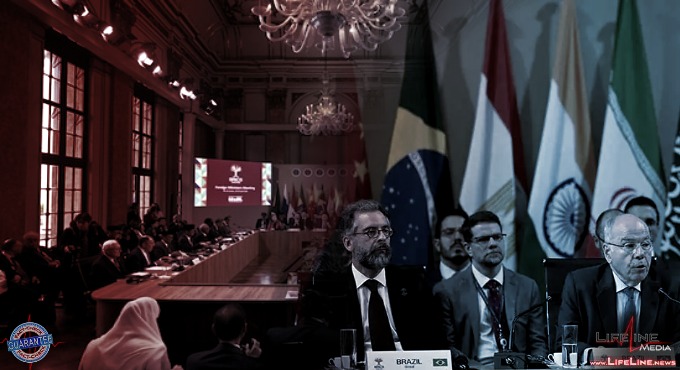
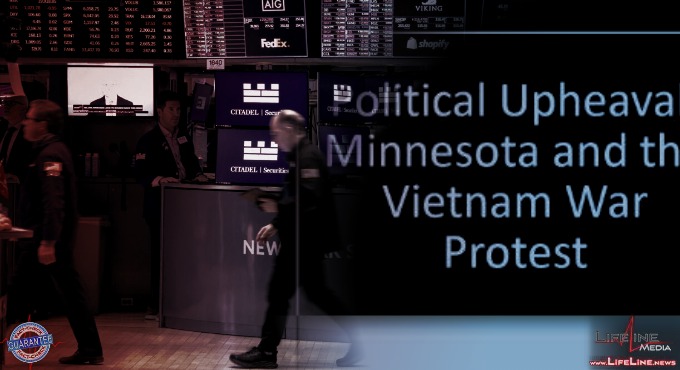
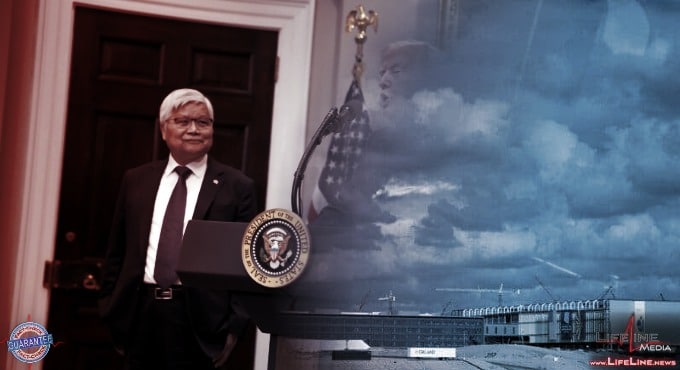
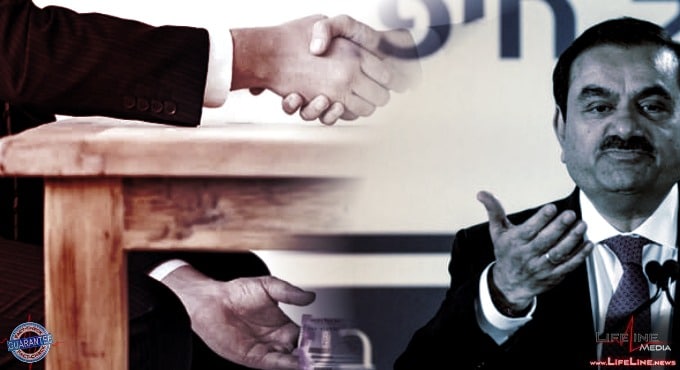
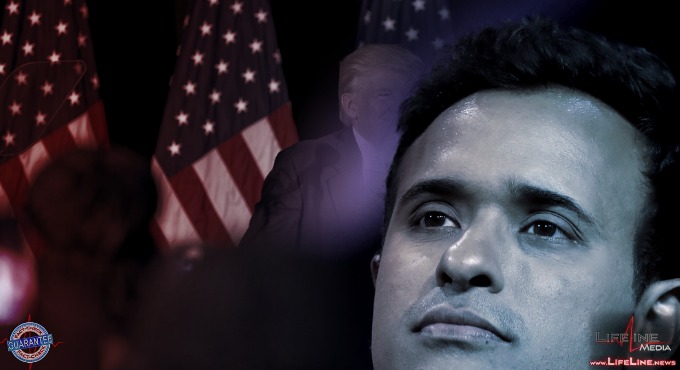
Social Chatter
What the World is SayingFormer President Donald Trump is once again targeting global trade practices, this time zeroing in on tech giant Apple and its increasing reliance on India for iPhone production. 🔗: https://what...
. . .🇺🇸🇬🇧 "We signed a tremendous trade deal... With this deal, the UK joins the US in affirming that reciprocity and fairness is an essential and vital principle of international trade....
. . .India considers cutting personal income tax to lift consumption. India considers cutting personal income tax to lift consumption
. . .India considers cutting personal income tax to lift consumption. India considers cutting personal income tax to lift consumption
. . .india overtakes China in MSCI Emerging Markets index | DD India. india overtakes China in MSCI Emerging Markets index | DD India DD India is India's 24x7 international news channel from the stable of the country's Public Service Broadcaster, Prasar Bharati.
. . .